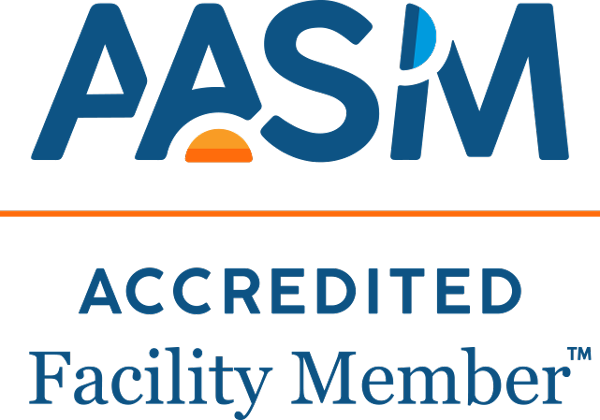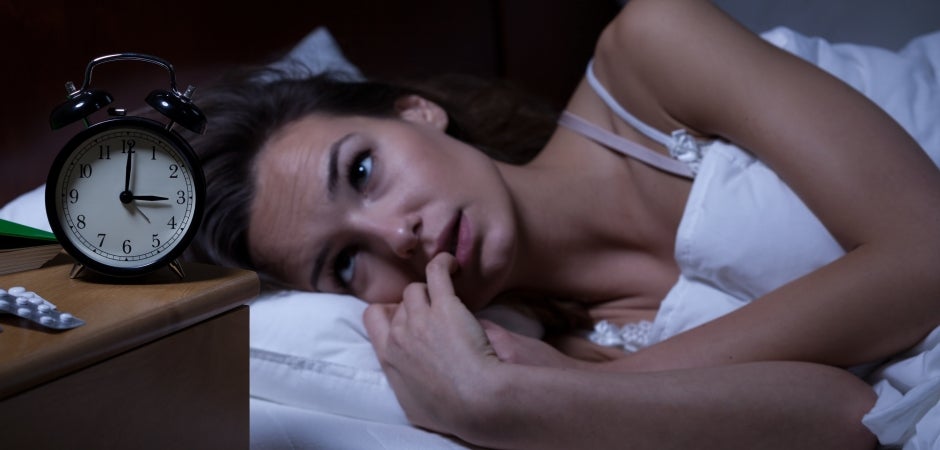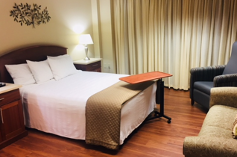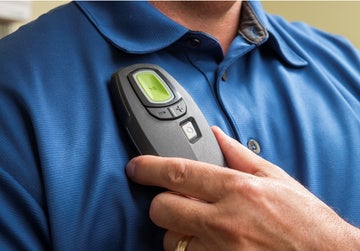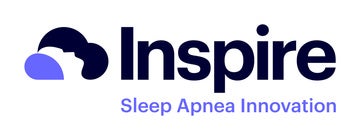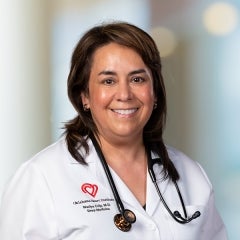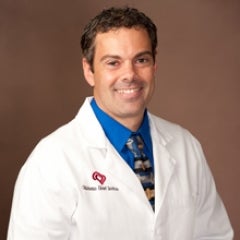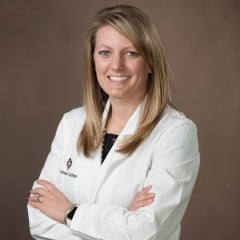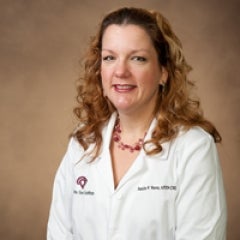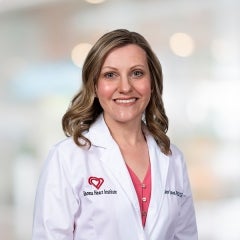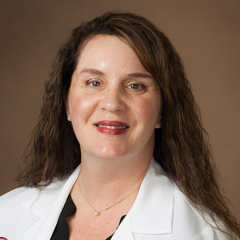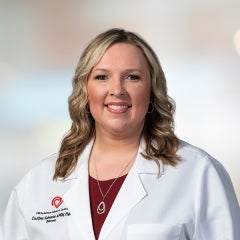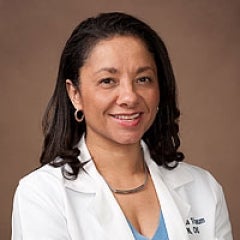CIRCADIAN RHYTHM DISORDERS
Circadian rhythm disorders include jet lag, adjustments to shift work, delayed sleep phase syndrome (fall asleep and wake up too late) and advanced sleep phase syndrome (fall asleep and wake up too early).
DISORDERS IN CHILDREN (AGES 4-17)
Care for children with sleep disorders demands special expertise. Insomnia, sleepwalking, nightmares, snoring and other sleep-related symptoms are not only a problem for the young patient but for the entire family. Our multidisciplinary approach ensures that the physiological and psychological needs particular to childhood are given thorough and expert attention. For infants, children and adolescents we provide effective diagnostic, treatment and counseling services to aid in the management of sleep problems.
INSOMNIA
At least 15 percent of the population suffers from insomnia – difficulty falling or staying asleep – every year. Insomnia can be caused by a number of medical or behavioral factors such as stress, anxiety, depression, sleep apnea, restless legs/periodic limb movements during sleep, alcohol, caffeine, drugs or poor sleep habits.
NARCOLEPSY
A brain disorder that causes uncontrollable bouts of excessive sleepiness. Patients with narcolepsy may lose muscular strength suddenly when emotionally upset or when laughing. In addition, they may experience vivid hallucinations as they fall asleep.
Today Show segment – OHI narcolepsy patient
NIGHTMARES
Nightmares are frightening dreams that arise during REM sleep. They can be caused by stress, anxiety and some drugs.
RESTLESS LEG SYNDROME/PERIODIC LIMB MOVEMENT DISORDER
Uncomfortable sensations in the legs near sleep time, leading to an irresistible need to move the legs and interference with falling asleep. Legs and arms may move or jerk involuntarily during sleep. Patients may complain of excessive sleepiness or insomnia, or both.
SLEEP APNEA
Often associated with loud snoring, snorting and gasping for breath, these are periods of uninterrupted breathing during sleep. Sleep apnea can result in daytime sleepiness which can lead to difficulties at work, cause automobile accidents, memory and other intellectual difficulties and depression. Sleep apnea can lead to worsening high blood pressure and is associated with a higher incidence of heart attacks and strokes.
The two types of sleep apnea include obstructive sleep apnea (OSA) and central sleep apnea (CSA). OSA occurs when soft tissues in the airway collapse during sleep and block the flow of oxygen to the brain. The brain senses a lack of oxygen and wakes the body up just long enough to take a breath, then the body falls back to sleep. This cycle repeats throughout the night and causes poor, disruptive sleep. CSA is a serious type of sleep-disordered breathing that occurs when the brain does not send the correct signals to the breathing muscles (the diaphragm). The result is an inconsistent breathing rhythm and pattern, leading to repeated arousals from sleep, drops in oxygen levels in the blood and increased cardiac stress response.
Sleep apnea can affect anyone at any age, even children. Risk factors include:
- Being male
- Being overweight
- Being over age 40
- Having a large neck size (17 inches or greater in men and 16 inches or greater in women)
- Having large tonsils, a large tongue or a small jaw bone
- Having a family history of sleep apnea
- Gastroesophageal reflux or GERD
- Nasal obstruction due to a deviated septum, allergies or sinus problems
Do you suffer from sleep apnea?
- Most people who have sleep apnea do not know they have it because it only occurs during sleep and it often goes undiagnosed.
- Sleep apnea is a condition where the airway collapses during sleep, causing pauses in breathing or shallow breaths.
- Sleep apnea cannot be detected in a routine office visit and there are no blood tests for the condition. This is why your physician may order a sleep study.
- More than half of the people who have this condition are overweight. There are serious health conditions related to sleep apnea.
- Treatment for sleep disorders usually improves your overall health and happiness as well as your quality of sleep.
